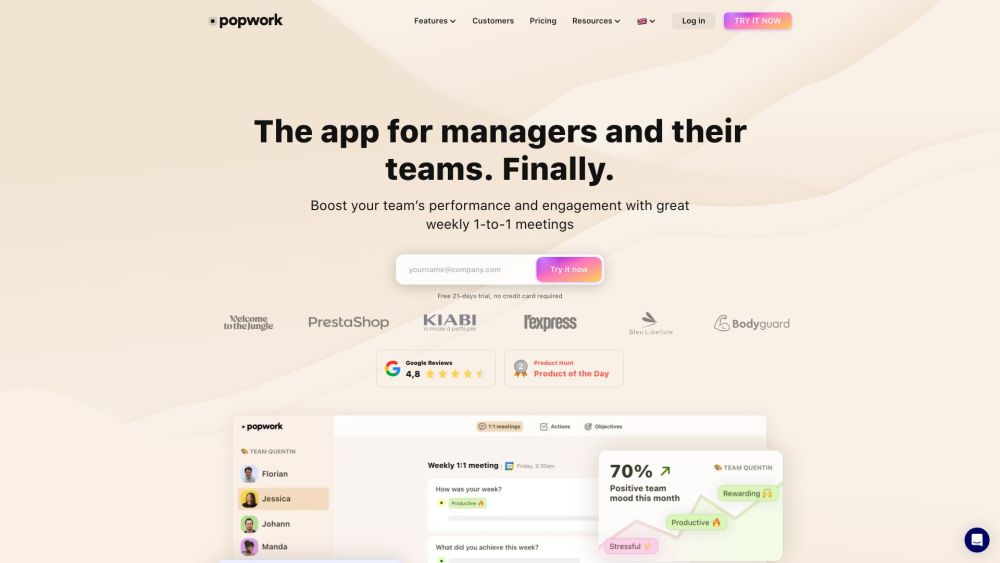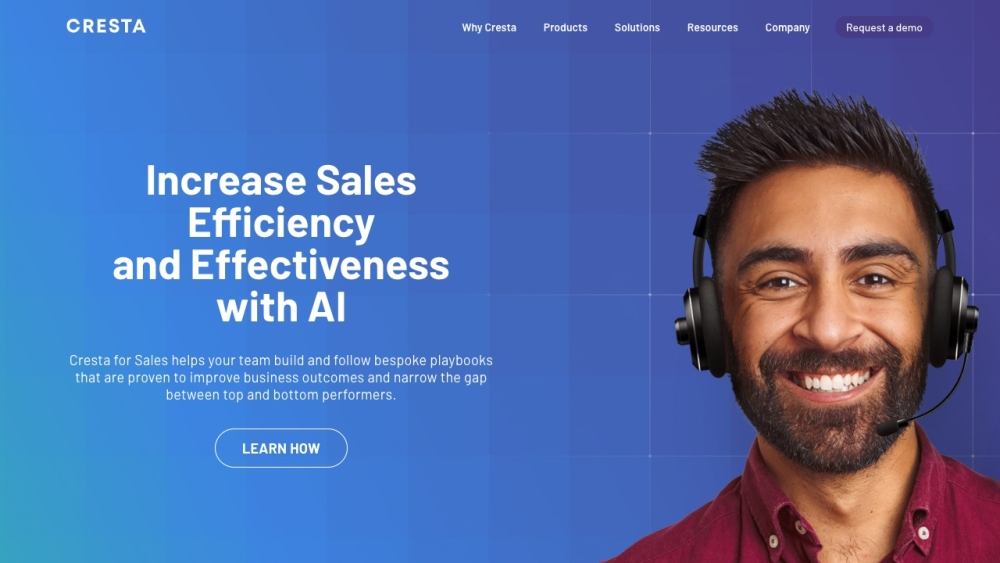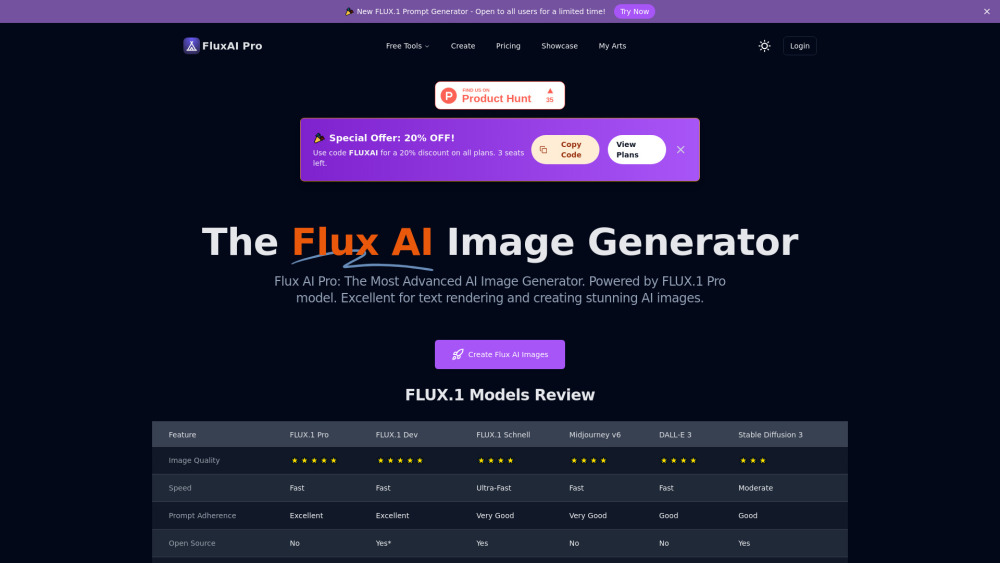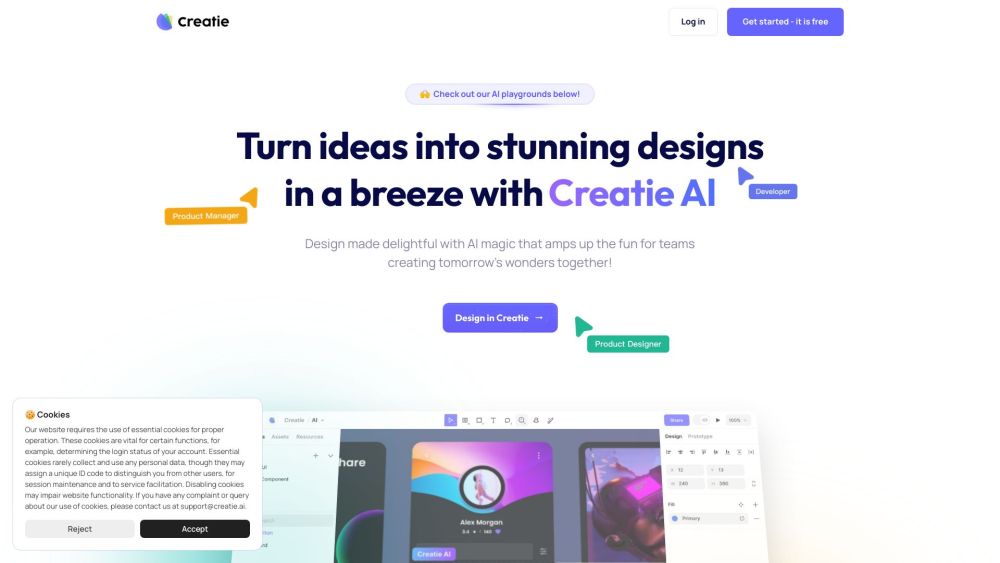Since its launch in 2017, ClickUp has emerged as a leading productivity tool backed by substantial funding. Like many similar platforms, ClickUp has recognized the transformative potential of artificial intelligence (AI). The company has introduced “ClickUp Knowledge Management,” an innovative solution that features a wiki-style editor integrated with an AI system capable of pulling information from Google Drive, Dropbox, Confluence, Figma, and other platforms. This initiative aims to position ClickUp as a competitive alternative to established services such as Notion and Atlassian’s Confluence.
ClickUp co-founder and CEO Zeb Evans emphasizes that AI plays a crucial role in effective knowledge management. However, he stresses that businesses must create a centralized repository to harness this potential fully.
“In many organizations, knowledge is scattered across various platforms like Confluence or Notion,” Evans explained. “While some startups like Glean attempt to connect these resources, the fundamental issue remains: you can link these tools, but you can’t edit or manage that data effectively within the same platform.”
This challenge resonated with the ClickUp team over time. Although document creation was already possible on their platform, they opted to develop a new product centered around a wiki. This new system not only mirrors the user-friendly experience of Notion but also incorporates an AI component for seamless integration with various data sources.
“You can create wikis in ClickUp, and now we also connect to all your other work tools, consolidating knowledge into a single, central repository. This allows you to craft wikis with all the context available to you,” Evans noted.
According to ClickUp, the outcome is a system that synthesizes features from Notion, Confluence, and Glean, enabling users to generate documents efficiently. To streamline tasks like project reports, team updates, and meeting summaries, the team has developed prebuilt templates. Additionally, users can automate task assignments, populate task information, and identify duplicate tasks.
The platform also includes an AI-driven chatbot for querying documents. A unique feature is its ability to not only cite sources but also proactively suggest creating relevant documents based on user queries.
Evans highlighted that the AI respects existing access permissions, ensuring users only see information they are authorized to access.
About two years ago, ClickUp acquired Slapdash, a universal search tool designed to consolidate data from siloed SaaS applications. Since then, ClickUp has upgraded Slapdash's architecture to enhance compatibility with AI. This advancement allows ClickUp Knowledge Management to utilize retrieval-augmented generation (RAG) — an emerging industry standard for enhancing large language models (LLMs) with accurate and current information.
“It’s not a superficial integration; we are digesting data from your connected applications to unlock a multitude of capabilities,” Evans explained.
Looking towards the future, ClickUp aims to further minimize the time spent on redundant tasks.
“Our main goal for the upcoming release is to eliminate 'work about work.' I find it frustrating to have to continuously ask questions just to locate information or understand what others are doing. Consider how much time is wasted every day on standup reports like ‘This is what I accomplished today and yesterday.’ It's astonishing,” said Evans.
In this rapidly evolving digital landscape, ClickUp’s Knowledge Management tool represents a significant step forward in optimizing productivity, integrating AI, and improving organizational efficiency.






